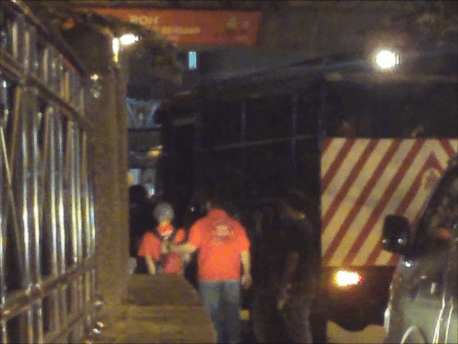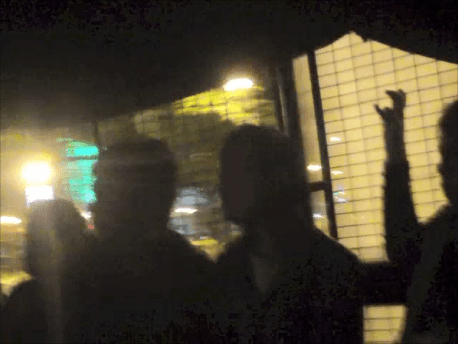If it’s a rescue, why hold people against their will?

The Destitute Persons Act (DPA) has been the backbone of all government strategies for addressing homelessness in Malaysia since 1977. It falls under the purview of the Ministry of Women, Family, and Community Development (MWFCD) and, at first glance, may resemble a social welfare measure. Its intent is presented as two-fold: Providing for (1) the care and rehabilitation of destitute persons; and (2) the control of vagrancy.
In practice, however, the DPA provides for a system of public order policing (“control of vagrancy”) and compulsory detention (“care and rehabilitation” for up to three years) affecting anyone deemed to be a “destitute person”, broadly defined. And this inherently violates Articles 5, 8, and 9 of the Federal Constitution, which guarantee personal liberty, equal protection and freedom of movement, respectively.
The DPA is premised on a view that government authorities must forcibly take into custody anyone deemed to be a “destitute person” in order to serve their best interests. To do so not only wrongfully denies law-abiding individuals of their fundamental rights and liberties, but also chillingly maintains that the state has superior authority in making decisions that affect their lives (parens patriae).
Food Not Bombs-KL, an NGO working together with people on the streets, has released a fact sheet detailing the history, implementation, and impacts of the Destitute Persons Act 1977.
It introduces such facts as:
- The Destitute Persons Act originates from colonial anti-vagrancy ordinances, first brought to Malaya in 1872.
- Over the last 140 years, very little has changed: “controlling vagrancy” centers on mass round ups (such as Operasi Gelandangan) and compulsory detention of people who are homeless and/or begging.
- In 2011, authorities conducted 1,190 operations nationwide, detaining 1,408 people.
- The DPA and its implementation violate the constitutional and human rights of persons targeted.
- The DPA and its implementation make life harder for persons targeted.
- There are better approaches to addressing homelessness and poverty!

To view Food Not Bombs-KL’s fact sheet, please visit the link here.
—
To read more on the global history of colonialism and vagrancy laws, please see this introductory chapter to the book, “Vagrancy and Homelessness in Global and Historical Perspective”, edited by A. L. Beier and Paul Ocobock.
For more on homelessness and personal liberties, please see this essay titled “Homelessness and the Issue of Freedom” by Jeremy Waldron (Professor of Law, New York University). It offers an exploration into what he describes as “the relationship between homelessness, the rules of private and public property, and the underlying freedom of those who are condemned by poverty to walk the streets and sleep in the open.”
